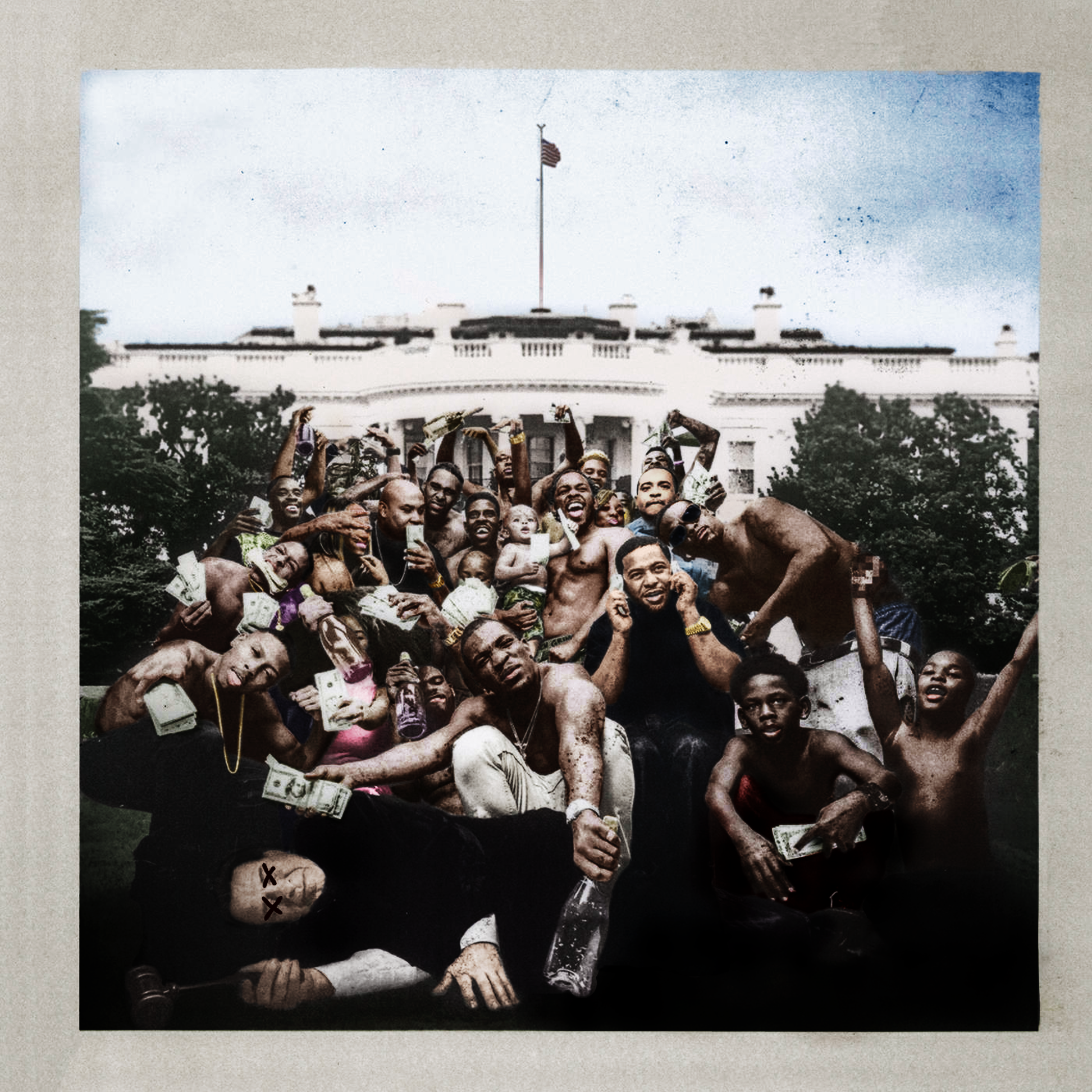Kendrick Lamar has uncomfortable and taboo conversations about Black accountability in his fifth studio album, Mr. Morale & The Big Steppers — a necessary tour de force. Senior Editor James R. Sanders reviews

Throughout their entire lives as scholars of the Black experience, W.E.B. DuBois, Booker T. Washington, Paul Laurence Dunbar, and others explored what they called, “The Negro Problem.”
While systematic and rooted in its foundational sin of white supremacy; it is as old and as storied as the days when the North African Moors came to Europe to teach the Europeans seasonal dressing, plating, and hygiene — part of the negro problem is the negro.
That’s what Kendrick addresses on Mr. Morale & The Big Steppers. Fortunately and unfortunately, he alienates those not yet ready to face the truth who will undoubtedly say, “I miss the old Kendrick,” and “he’s becoming too mainstream.”
Wait! One more…
“I just don’t understand why it’s necessary to talk about all of that, especially because Kendrick ain’t got nothing to do with none of that.”
See! Negro problem.
Now don’t get me wrong; I love a good rebuke of white privilege, and no one does it quite like Kendrick Lamar. He gives us that on Big Steppers, too. But through examining his own shortcomings and trying to make amends, he exposes several ugly truths about the culture that get swept under the proverbial rug, instead opting for a “we wouldn’t be this way if not for…” and “well I can’t help it,” and “look, before we even begin to talk about that, we need to address this…” and Steppers through the microscope, makes you wonder if any of that is an excuse; or relevant.
Like Beyonce’s Lemonade became a hit and was enjoyed by millions, it was intended for Black Women and not well-received by her white fans — Mr. Morale & The Big Steppers will also be enjoyed by millions for its superior production and nuanced beats, enough to make radio and the “woke” generation happy. But make no mistake about it — this is for us.
In 2017, Kendrick Lamar released Damn which won him a Pulitzer Prize, making him the first (and only) rapper to do so — still, some say To Pimp a Butterfly is his most prolific work to date. If that’s true, Steppers has to be his most honest.
Summer Walker’s new generation vocals didn’t feel organic on “Purple Hearts,” though the same song featured Ghostface Killah who delivered through and through with solid bars and perhaps saved what could have been the project’s why is this here?


On “Father Time,” Lamar talks about the process of unlearning the throwaways his father taught him that are a part of ages-long trauma. Steppers carries throughout it, a common theme of generational curses — whether through stagnation, or the pain thereof and the way Black people — our people, choose to handle it.
Unforgiveness, steadfastness, uncompromising on perfection are all the things his father taught with no remorse to have as self-awareness and knowledge of self. Kendrick rapped over the song’s melody with a heaviness.
Yet, in “Mirror” when he declares in the opening statement, “I choose me,” there’s a different sense of strength, no longer needing forgiveness. This decision had been hard fought and felt new.
Immediately upon the song’s release, “Auntie Diaries” became the standout track. It wasn’t the lyricism or beat (which isn’t that great, honestly).
It was none of that.
“My auntie is a man now…”
Kendrick Lamar has a transgendered Uncle. And look! No one died, caught AIDS, or HIV reading the aforementioned sentence.
are you still with me? Because when this song came on, a lot of us probably switched to Future. Afterall, GQ said he’s the greatest rapper alive, right?
Moving on…
Culturalist and writer Darnell Moore said this of Lamar in 2019:
“If you look around the Movement for Black Lives, you see that most of these folk that are leading are girls and women, and they’re sex workers … or transgender folk, gender-nonconforming folk. What extent, if any, did that shape not just Kendrick Lamar’s lyricism, his artistry, but his music? I’m not certain I’ve seen that reflected.”
See! Negro problem.
Stop asking what the gay and trans people you know think about the song, beloved. It’s more important to talk about what you think about it; especially since Black trans men and women continue to be murdered at alarming rates each year and this fact seems to be only talked about by those in their community — until it’s time to march again for a heterosexual Black person.
Ironically, those are (some of) the ones seemingly doing the killing. But y’all aren’t ready for that conversation, yet.


Did that make you feel uncomfortable?
If it did, “Mother I Sober” is going to really mess you up.
Abuse is not discussed in the Black community. The acknowledgement of “believing,” and “not believing,” Black boys and Black women is never discussed. How that manifests through violence, gold chains, gold teeth, tattoos about scriptures you don’t live by, and showoff all comes under the microscope in “Sober.”
Steppers is problematic.
Necessary, but problematic.

